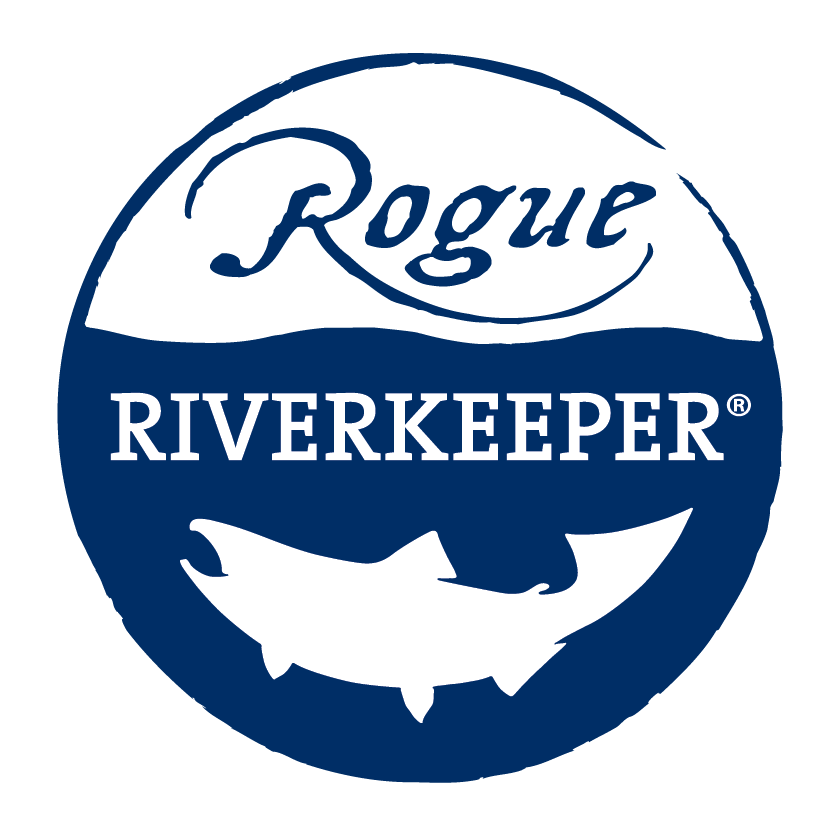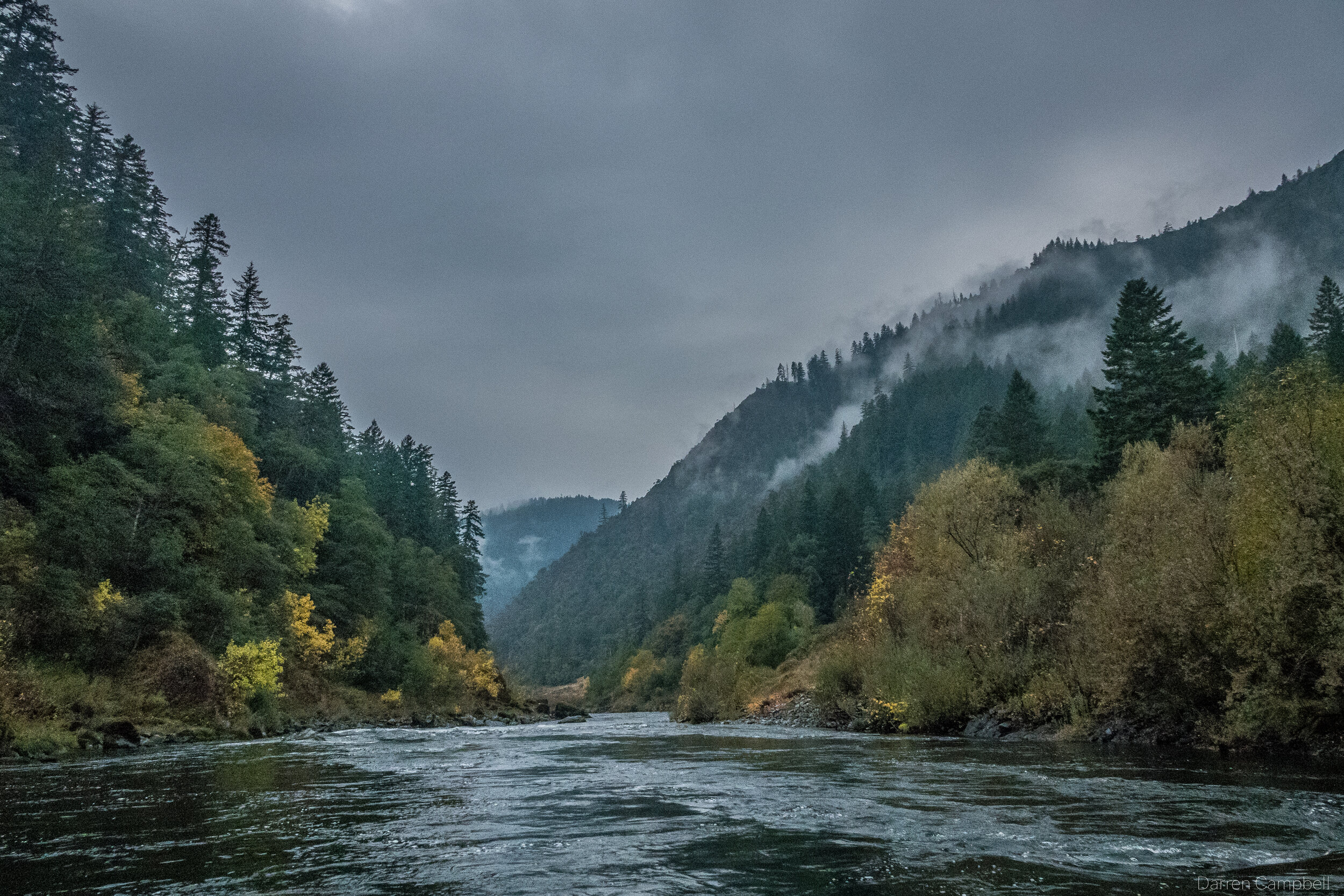Unprecedented Attacks on the Clean Water Act
The Rogue River.
Critical protections for the Rogue and rivers across the country are under a sweeping attack by the Trump administration.
The Trump Environmental Protection Agency (EPA) is systematically weakening and rolling back core provisions of the Clean Water Act that protect our clean water and public health.
In 1972, Congress passed the Clean Water Act to restore and maintain the chemical, physical, and biological integrity of the Nation’s waters.”[1] The Clean Water Act effectively made releases of pollutants from a point source, such as a pipe, illegal without a permit that set limits on that pollution.
Right now, the Trump administration is actively working to undermine these fundamental protections for our clean water and healthy rivers. The House Transportation & Infrastructure Committee recently released a report that documents the comprehensive attacks on the Clean Water Act.
With your support, we’re actively fighting back against these attacks. Here’s what we’re most concerned about:
The Dirty Water Rule:
The Trump administration is going after the very heart of the Clean Water Act by attempting to narrow the scope of waters that are protected under the law. On September 12th, the Trump EPA finalized a new rulemaking that would roll back the 2015 Clean Water Rule that clarified what waters are protected under the law. The Trump EPA plans to go even further in a second rulemaking process by stripping entire categories of waters from protections under the Clean Water Act, leaving them vulnerable to pollution.
How the Dirty Water Rule impacts the Rogue:
This map of the Rogue watersheds highlights the importance of ephemeral streams (in red), which flow largely in response to snow melt or rainfall, that would lose protections under the Dirty Water Rule.
| Map created by Waterkeeper Alliance.
This proposal leaves the entire Rogue vulnerable to increased pollution. Ephemeral streams, fed primarily by snow and rain, would lose protections under the Dirty Water Rule. Many ditches would also lose Clean Water Act protections, which means they would be vulnerable to pollution. In the Bear Creek watershed alone, there are approximately 250 miles of irrigation ditches that run parallel to the creek. Seasonal wetlands that help store floodwaters and filter out pollutants known as vernal pools could also lose protections. Outside of the Rogue watershed, but no less important, are the iconic blue waters of Crater Lake. The Trump proposal would remove protections from “isolated” lakes like Crater Lake that don’t have direct connections to waters that are traditionally navigable.
Read more about the direct impacts to the Rogue from the proposed Dirty Water Rule.
The Clean Water Act Section 401 Proposed Rule:
At the same time, the Trump administration is working to undermine the careful balance of state and federal responsibility to protect clean water and healthy rivers. Section 401 of the Clean Water Act allows states and tribes to review applications for federally licensed or permitted projects, such as the Jordan Cove LNG project, to assess potential impacts to water quality.
The Trump EPA is currently proposing changes to Section 401 that would make it much harder for states and tribes to protect their clean water resources. Specifically, the proposed rule would restrict the time that states and tribes have to review applications for projects that could harm clean water, narrow the authority of states and tribes to consider impacts to water resources, and allow the federal government to effectively override a state’s or tribe’s decision to approve, deny, or set conditions on permits.
How the 401 Proposed Rule impacts the Rogue:
This proposed rule is a thinly disguised effort to fast-track dirty energy infrastructure projects, including the Jordan Cove LNG project. With your help, we achieved a major victory in stopping this harmful project when the Oregon Department of Environmental Quality denied the Section 401 permit for the Jordan Cove LNG project. This effort would effectively block states and tribes from protecting their clean water resources.
If the Trump EPA is successful in weakening the state’s authority under the Clean Water Act to review and stop harmful projects that put our clean water at risk, Pembina will likely reapply. Under the new proposed rules, it could become easier for the project to be approved -- even if it puts our waters at risk.
Read more about how Section 401 authority is critical to stopping the Jordan Cove LNG project.
What can you do?
With your help, we’re standing strong with communities across the country to fight back against these attacks. From failing to invest in critical wastewater infrastructure to reversing protections against groundwater pollution to overturning state standards for water quality, the Trump administration is comprehensively undermining bedrock environmental and public health protections.
Take action today and add your voice in opposition to these sweeping attacks on the Clean Water Act!
[1] 33 U.S.C. § 1251(a) (2013).



